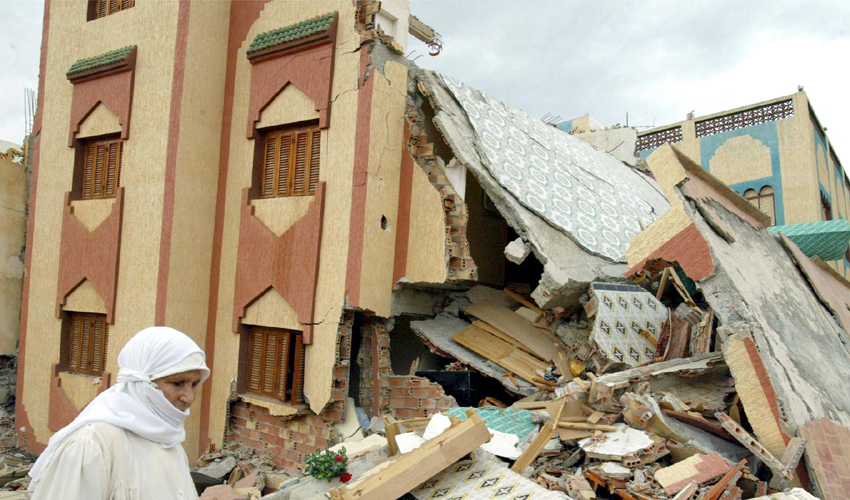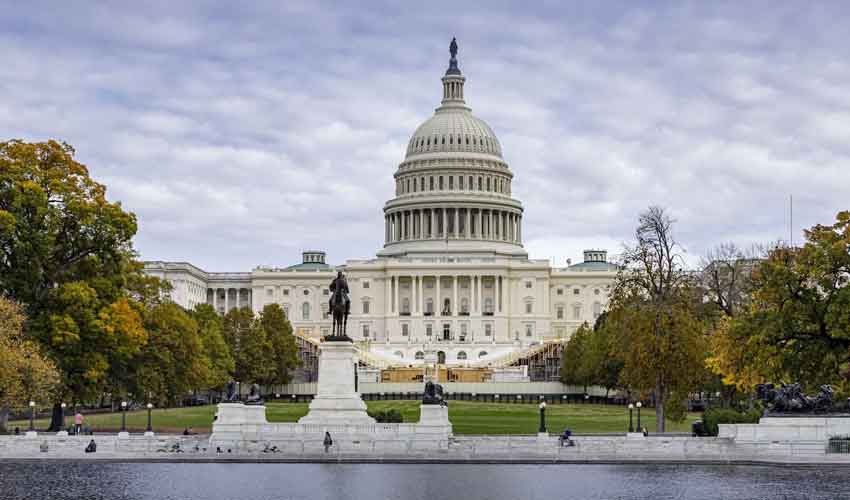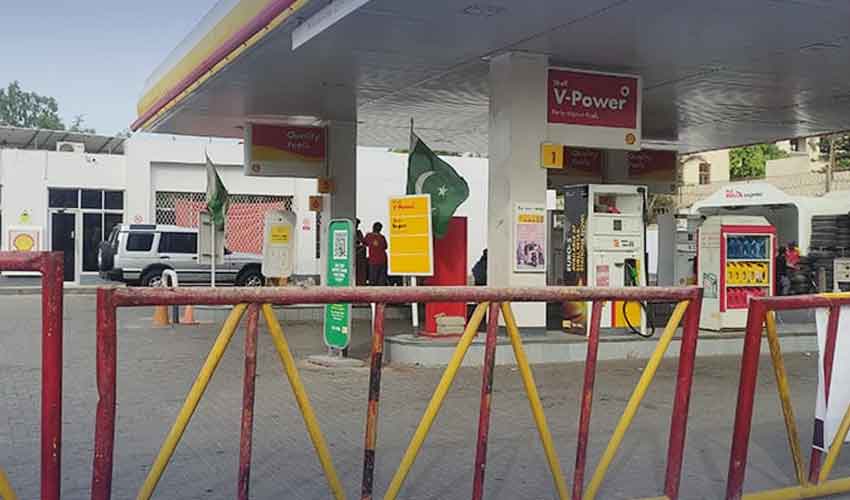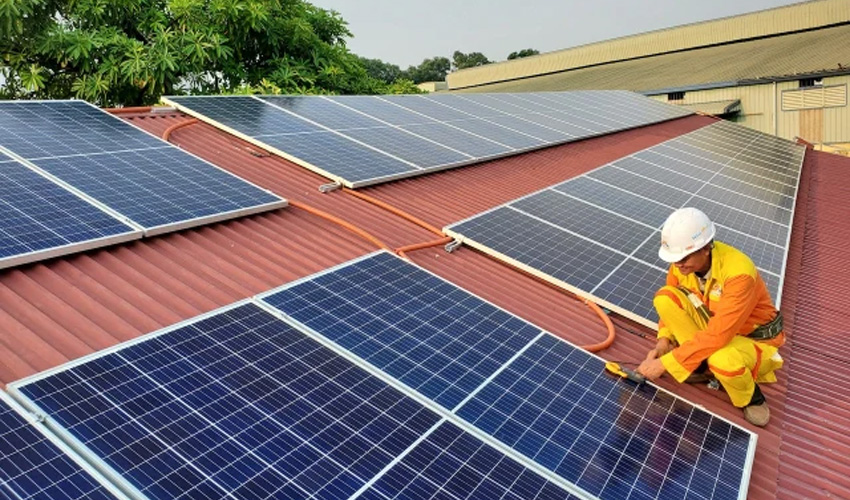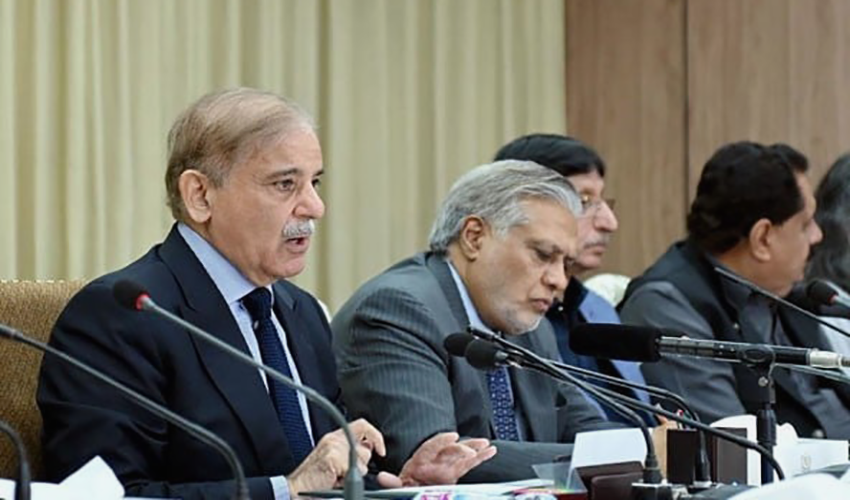In a devastating turn of events, a powerful earthquake rattled Morocco's High Atlas mountains late on Friday, claiming the lives of over 1000 people and leaving more than 392 others injured.
The earthquake, which struck just after 11 p.m. local time, has left a trail of destruction in its wake, particularly in the remote mountain areas that were hard to reach.
World Heritage site damaged
The historic city of Marrakech, located nearest to the earthquake's epicenter, experienced significant damage. UNESCO World Heritage sites were not spared, as some buildings within the old city crumbled. Local television broadcasts revealed distressing images of a fallen mosque minaret, burying cars beneath its rubble.
Pan-Arab al-Arabiya news channel reported that a single family lost five of its members in the earthquake, a grim testament to the widespread devastation. Local sources were cited in the report, highlighting the deeply personal toll this disaster has taken.
Desperate rescue efforts underway
Residents of affected areas have been engaged in frantic rescue efforts, with some communities reporting that most houses have sustained damage. Montasir Itri, a resident of the mountain village of Asni, near the epicenter, expressed the dire situation, stating, "Our neighbors are under the rubble, and people are working tirelessly to rescue them using whatever means are available in the village."
The Moroccan Interior Ministry has issued a preliminary death toll and urged citizens to remain calm in the face of this catastrophe. The earthquake affected several provinces, including Al Haouz, Ouarzazate, Marrakech, Azilal, Chichaoua, and Taroudant, with the most severe impact observed in remote mountainous regions.
Aftershocks compound fear
In addition to the initial quake, aftershocks have been reported in various regions. Hamid Afkar, a teacher from Taroudant, shared his harrowing experience: "The earth shook for about 20 seconds. Doors opened and shut by themselves as I rushed downstairs from the second floor."
Seismic Details
According to Morocco's geophysical center, the earthquake had a magnitude of 7.2 and struck the Ighil area of the High Atlas, approximately 70 km southwest of Marrakech. The U.S. Geological Survey recorded a slightly lower magnitude of 6.8 but noted its relatively shallow depth of 18.5 km (11.5 miles).
This earthquake marks Morocco's deadliest since the 2004 tremor near Al Hoceima in the northern Rif mountains, which claimed the lives of over 600 people.
Nation holds Its breath
In the wake of this disaster, people in cities like Rabat, located about 350 km north of Ighil, and the coastal town of Imsouane, approximately 180 km to the west, have fled their homes, fearing the possibility of a stronger quake.
Videos shared on social media, although not immediately verified by Reuters, depict the immediate aftermath of the earthquake, showing people rushing out of shopping centers, restaurants, and apartment buildings in a state of fear and panic.
As Morocco grapples with the enormity of this tragedy, the nation stands united in its efforts to provide aid and support to those affected by this catastrophic event.





